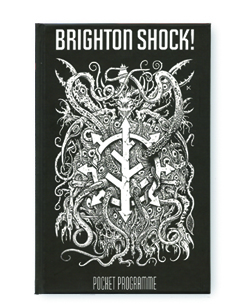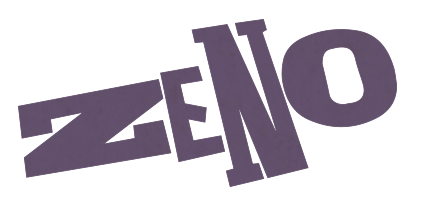 The dust is settling after what was a really quite wonderful World Horror Convention. The event was well attended (memberships were sold out weeks before) and more pointedly, it was well very attended by publishers and editors.
The dust is settling after what was a really quite wonderful World Horror Convention. The event was well attended (memberships were sold out weeks before) and more pointedly, it was well very attended by publishers and editors.
As well as the stalwart, energetic smaller presses, for example PS Publishing, Newcon Press, Telos, Nightjar Press, Pendragon, Atomic Fez and Ash-Tree Press amongst others who have, collectively, for many years been the only folks willing to push the horror genre, there were representatives from larger trade publishers such as Little, Brown (both Orbit and Piatkus had editorial staff present), Headline, Gollancz, Constable & Robinson, Solaris/Rebellion, Titan, Angry Robot, Quercus, and Bragelonne.
This turnout shows there’s a very real and very active interest from the trade in the horror and dark fiction fields and this is a most encouraging and tangible sign of horror’s resurgence as a going commercial concern. If this interest can translate into sales, there’s the best chance there’s been in a generation for new talent to come through.
There’s a flipside to this however that became apparent to me as I took part in the Pitch Black event on the Thursday afternoon. Set up as an opportunity for both the trading of rights and the chance for authors to pitch their work directly to agents and publishers, I likened the experience (on my side of the table at least) to being repeatedly hit in the face for five hours with a shit-covered shovel.
There is a reason for this admittedly harsh description (and it doesn’t apply to everyone I met by any means) and it comes down to simple basics. No matter how much agents and editors bang on (on panels at conventions, in interviews, in conversation or on their blogs) about the importance of doing so, many of the writers who material submit to us completely fail to consider their work within the context of the market.
Repeatedly throughout Pitch Black I asked ‘Who is the market for this novel? Who is the ideal reader? Whose readers are you looking to steal with this novel?‘ and repeatedly (and in one particular and spectacularly rude case where the person appeared incapable of grasping why the question was a fundamental one) these enquiries were met with blank looks and the scratching of heads.
Writing is by definition a solitary art – but you are not writing for yourself. Not ever. If you are then you will have a readership of one. And good luck with that.
Writing something publishable is a different kettle of fish. If you want a publisher to give you money for your work, you better be clued in to the kind of thing they publish. If your book is something entirely original, something that completely re-invents the wheel, something so new that it breaks the mould, then as an agent I can do absolutely nothing with it. If there is no market precedent then the likelihood that I can get a publisher to take a risk on your masterpiece – a masterpiece written by a complete unknown – is zero. Zilch. Nada.
Does this mean I’m looking for derivative, cloned material? Poor man’s copies of the best-sellers? Nope.
Think Dragons’ Den. Money paid to you by a publisher is an investment in your product and they expect to receive a return. It therefore needs to be something that people actually want. So, do your market research – otherwise everyone you approach will wisely say ‘I’m out’!
(Note the links I’ve provided above to the various publisher websites. That’s where your research begins – go check out what they’re up to!)
